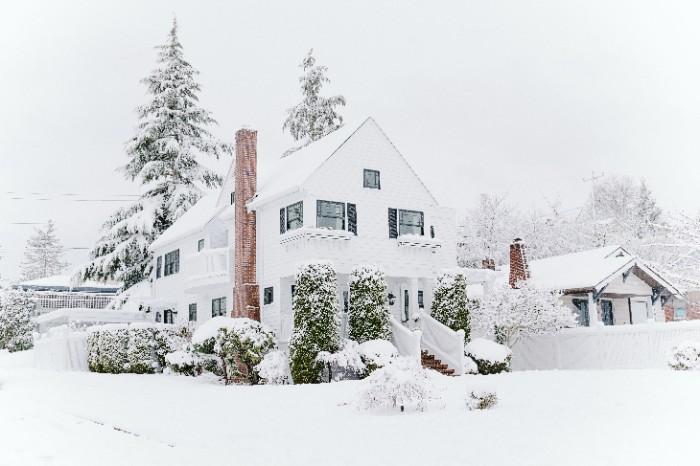Heat pumps are a versatile heating technology that can help to provide energy-efficient and cost-saving climate control for homes. There are several types available, ranging from air source pumps to geothermal systems. Air source heat pumps use outside air as their primary source of heating and cooling, while geothermal systems transfer the stored solar energy in the ground to provide an efficient way to heat and cool interior spaces. Both systems come with a variety of options, giving people a huge selection when choosing which type is best suited for their needs.
Your heat pump is designed to generate heat all year long, but you may need to take some extra steps to prepare it to work in the cold. With a few simple tips, you can smoothly and efficiently run your heat pump in winter weather. Here’s what you need to do to get your heat pump ready for the cold weather:
Before the winter, it is important to have your heat pump serviced by a professional. This will ensure that it is running efficiently and correctly.
Before the temperature drops, it is critical to have a certified professional service your heat pump. This will ensure that it is running at peak efficiency so you can save energy and prevent financial waste when heating your home. Additionally, having a professional check the system will help identify and address any potential issues before they become big problems. Taking the time to ensure your heat pump is well maintained will provide peace of mind throughout the season with safe reliable heating performance.
During the winter, make sure to keep an eye on your heat pump. If you notice any issues, contact a professional immediately.
Freezing temperatures can put a strain on your heat pump, so it’s important to keep an eye on it during this season. Outdoor temperatures and violent storms can be damaging to the components of your pump, and simple repairs are much more cost effective than replacements. If you notice anything unusual with your heat pump – such as strange noises or decreased efficiency – don’t hesitate to contact a professional right away. A technician can diagnose the issue and offer the most cost effective solution before the problem gets worse. Taking these precautions now will ensure that your heat pump will keep your house comfy and warm in the cold weather.
In order to maintain your heat pump, it is important to regularly clean the coils and filters. You should also make sure there is nothing blocking the airflow around the unit.
Heat pumps operate efficiently with regular maintenance. Cleaning the coils and filters and ensuring that there nothing blocking the airflow is important for optimal performance and to extend the life of the unit. Keeping your heat pump in top shape can maximize its efficiency, making sure your energy bills are as small as possible. It is recommended to carefully inspect the heat pump at least once a year, paying special attention to all parts requiring cleaning or clearing. Failing to do so may result in inefficient operation and potential damage to equipment, decreasing its lifespan and costing more money in repairs over time.
Heat pumps are an important part of keeping your home comfortable in cold climates. By following these simple tips, you can ensure that your heat pump works and that your home gets enough heat when temperatures drop. If you experience any problems or have any heat pump questions, be sure to contact a professional immediately. In addition, it is important to regularly clean the coils and filters and make sure there is nothing blocking the airflow around the unit. If you require professional services related to the installation process of a heat pump, repair, or maintenance don’t hesitate to contact the experts at All Comfort Heating & Cooling!
Are you curious about the benefits of a heat pump if you don’t have one?
Heat pumps are a very cost effective option compared to other air conditioning and heating solutions. Heat pumps can be up to three times more energy efficient than traditional heating systems because they move existing heat around, rather than creating new heat. The initial investment is typically higher, but over time the savings in energy consumption add up significantly. Additionally, many heat pumps today come with advanced features like programmable thermostats and zoning systems, allowing you to customize your temperature settings for maximum efficiency. With proper maintenance over the years, a heat pump will provide reliable heating and cooling while saving you money on energy bills.
